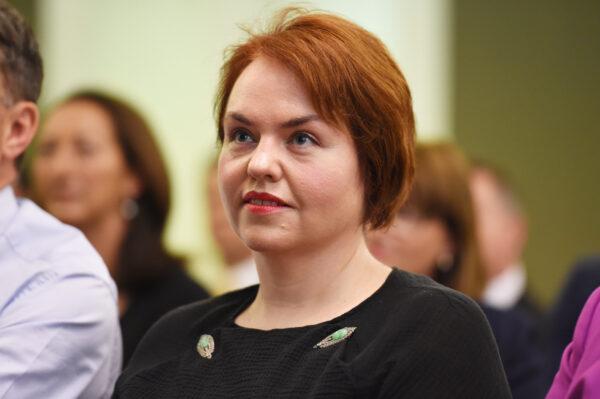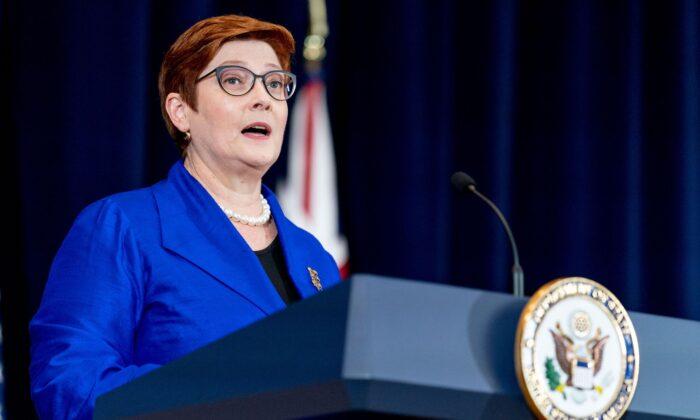Australia has announced it will sanction 14 Russians involved in the corruption uncovered by Sergei Magnitsky and those complicit in his subsequent mistreatment and death in the first use of the country’s new Magnitsky-styled laws.
In a media release on March 29, Australian Foreign Minister Marise Payne said this first tranche of sanctions would be used to honour Sergei Magnitsky.
“In this first tranche, the government will honour Magnitsky and all who defend the rule of law, with targeted sanctions and travel bans against 14 Russian individuals responsible for the serious corruption that he exposed and a further 25 Russian perpetrators and accomplices of his abuse and death,” Payne said.
“These individuals will be subject to targeted financial sanctions, including asset freezes and travel bans. This will ensure that Australia does not become a safe haven for those already locked out of like-minded countries and their financial systems.”
Magnitsky was a Ukrainian born Russian lawyer and tax advisor who uncovered widespread corruption by Russian tax and law enforcement officials. He died after being imprisoned in a Russian jail, where he was beaten and refused medical treatment in November 2009.
After his death, a friend of Magnitsky’s, Bill Browder, lobbied for global sanction laws to hold those responsible for his death accountable, as well as those who perpetrate serious human rights violations and abuses around the world.

Browder told The Australian that the week of Kitching’s death she held a Zoom meeting with members of New Zealand’s parliament to encourage them to introduce the Magnitsky-style laws and had planned to meet with representatives from the Japanese government as well.
“She was thinking far bigger than just Australia. She was a global human rights champion,” Browder said. “She was looking at this not from the perspective of how is this going to help her political career, but wow, we have a tool that can right some terrible wrongs and can help some oppressed people.”
Meanwhile, Australia foreign minister has also welcomed moves by the U.S. Department of Justice to bring criminal charges against four individuals working on behalf of the Russian government for their respective roles in separate cyber campaigns that targeted the global energy sector between 2012 and 2018.
The attacks targeted hundreds of companies and organisations in 135 countries, including Australia.




